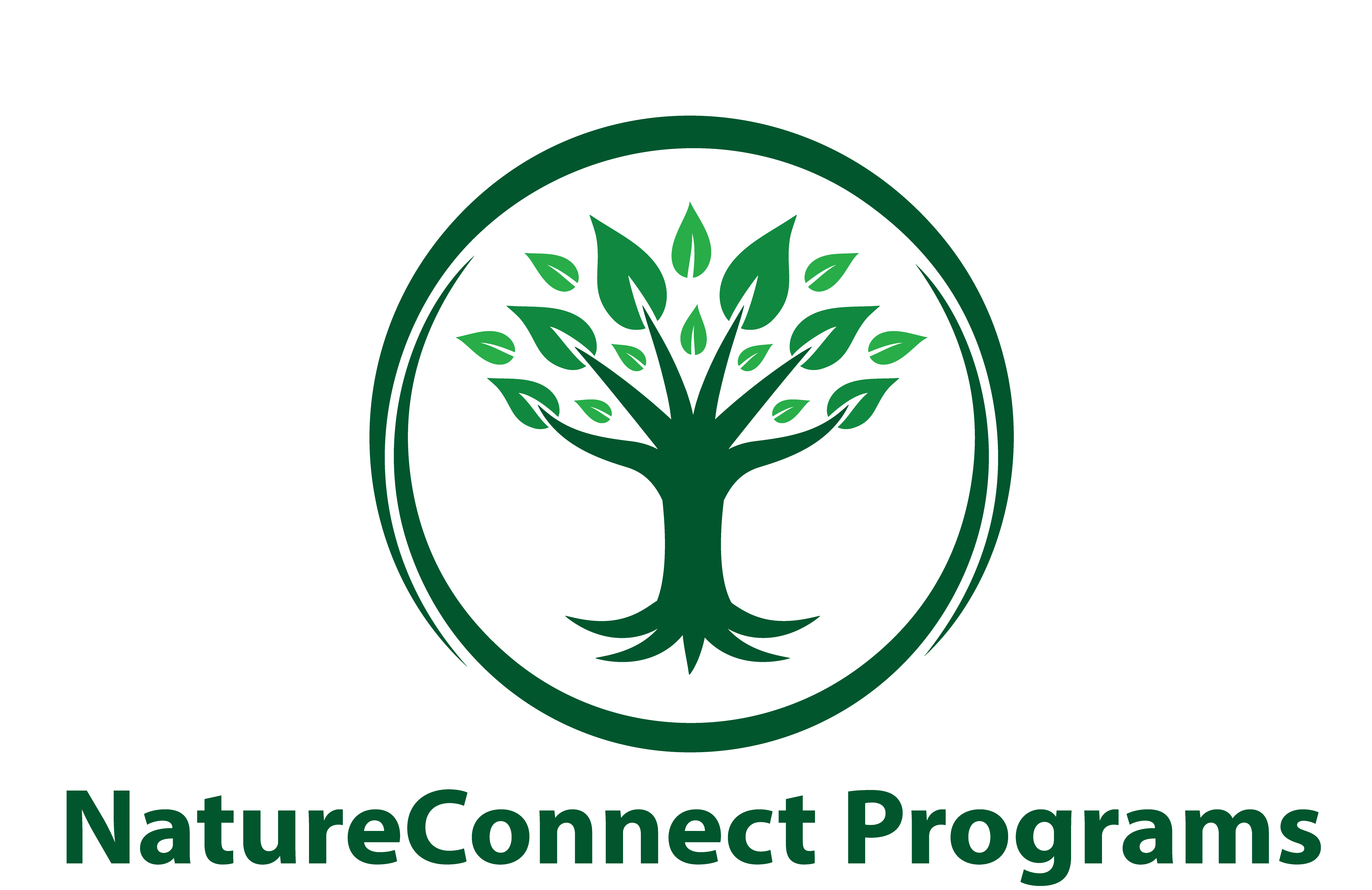book
Wounded Self Wounded World book overview – under construction
Why is it important to embrace my vulnerability and be non-judgmental in dealing with global injustice and violence?
You’re surrounded by disharmony, and yet you know that beneath it all, everyone shares the same underlying experiences — the traumas, the inadequacies, the disempowerment, the aspirations and drives of the limited ego self, the disconnection from the core self. To some degree, everyone carries the hubris of the base ego self, these inner imbalances, these wounds, often without even realising it. So you share this, Peter. And what you share with others forms a kind of link — a capacity to empathize, even if not always to feel compassion, with their earthly nature.
By fully accepting and understanding your own fragility — or rather, your vulnerability — and yes, of course, the wounds, you may be able to relate to others. Not personally, Peter — I’m not saying you need to become the Jesus Christ of the old mythical tale who loves his enemy as he would his own child. That ideal doesn’t hold up at the earthly level. It’s not about turning the other cheek — it’s about turning the page of your own inner narrative. Reading past the old words and identities that have defined you. That act of re-narration is part of what it means to love yourself — and also, in a deeper way, to extend that love to the brutality, ignorance, and devastation playing out across the collective and within individuals.
Yes, you can be disgusted, Peter — that’s fair. There is truly disgusting behaviour in your world: the violence, the cruelty, the hidden tortures. It’s everywhere — visible and invisible. It’s natural to feel revulsion. But it’s also important not to cling to your reactions as a distant witness. Not to attach yourself to that disgust as an identity or a reaction that defines you. That’s where you lose your own freedom, your capacity to not become attached to unproductive feelings such as hatred.
Instead, recognize the shared human thread — however buried — even in those who perpetuate harm. Feel and extend loving compassion for the victims, those that suffer, in a heartfelt way, not cerebrally so. I speak in general terms because you don’t know these people personally, the perpetrators and victims, but there is often an individual and collective psychosis, if you will — or a kind of sociopathy — that fuels the impulse to destroy, to harm, to manipulate for the sake of power, money, or personal gratification.
So this is not about condoning the actions of tyrants and sycophants who benefit from collective abuse and misery. It’s about maintaining a sense of liberation. About freeing yourself from the weight of judgment and the tightness of hatred. That, Peter, opens the space for a deeper presence — for being here, now, in love, with an ability to extend love for the humanity rather than the constriction of the inhumanity.
Answered by Raphael 7/2/24
How should I deal with my fear of death and what, if anything, lives on?
The way to face the fear of death, at least in terms of perspective, is to stop seeing death as the end. It’s the beginning. A transition, yes, a letting go of the so-called physical expression of your total self — but a beginning into a new life. You release into your true self — your totality. And no, Peter, your totality isn’t just your higher self. Your totality is your unique, individualised, perhaps individuated sense of self, your unique self-aware consciousness.
The you that transits, within the energetic body that has separated from the physical vesicle, carries your psyche, all your developmental realisations, the experiences and learnings of your dream self, your life lessons, your psychological and behavioural patterns, your so-called baggage, warts and all. Everything, consciously and unconsciously held, is part of that totality. So if you’re not developed, not integrated, not consciously whole — then transitioning doesn’t make you suddenly higher, or more evolved. You arrive on the other side as the full expression of who you are now. You carry with you the self that you were — just in another place.
Answered by Michael 10/1/24
A Little Book of Wisdom: Messages from Spirit
Channelled by Peter R White
Contents
Questions about self & identity
Am I more than my day-to-day sense of self, my identity?
Does my true self help my normal separate sense of self to let go of separation?
Why is it important to recognise and minimise the boundaries around my sense of self?
How does my normal self differ from my totality self?
Questions about mental wellbeing
What would you advise me to do in dealing with heavy emotions and feelings?
When does psychological pain become a more debilitating experience of suffering?
Is recognising the signals from my unconscious important for psychological development?
Questions about God and consciousness
What is the Divine/ God/ All That Is?
What is the relationship between consciousness, the brain and the energetic and physical body?
Why would individuality such as my own life be important to the Divine?
Is my consciousness created by my brain?
If I am an expression of the Divine, how does the Divine know of my life?
Questions about wholeness and inner development
Why is feeling whole so difficult in one’s daily life?
What are the five pillars of becoming whole?
How could I describe my meditative experience of surrendering into the emptiness of the Divine?
Does everyone who is aware of their woundedness want to be healed?
How can I reverse my sense of impotency to deal with the limiting circumstances of my life?
Questions of love and relations
Is self-love the key perspective for allowing me to heal, grow and reveal wholeness?.
Register your interest
If you are interested in receiving messages from me about similar subjects that my spirit friends have offered, please sign up here.
